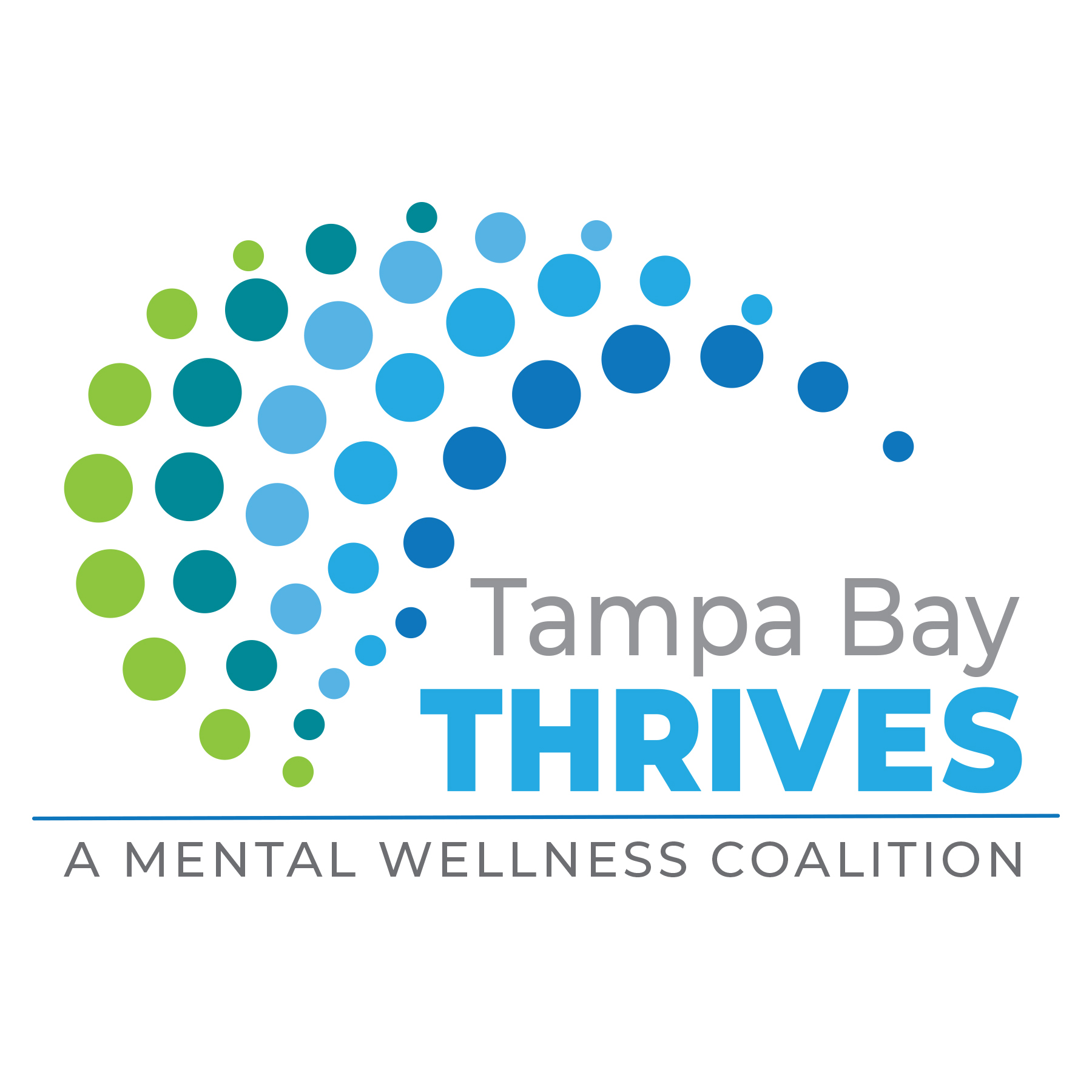Florida was an early hotspot for the opioid epidemic. In 2015, there were nearly 4,000 opioid deaths in Florida, one-tenth of the 33,000 deaths nationally. It became so bad in The Sunshine State that in 2017 Florida Gov. Rick Scott instituted a state of emergency, allowing the state to access millions of dollars for prevention, treatment and recovery programs.
Over the next few years, state and local efforts made some progress in addressing opioid use in Florida, but then the 2020 COVID-19 pandemic brought extended periods of isolation, anxiety and stress that spiked opioid use nationally.
A study conducted from mid-March through May of 2020 showed an increase of 32% in use of non-prescribed fentanyl, 20% for methamphetamine, 13% for heroin, and 10% for cocaine. Additionally, overdoses in 2020 increased by 11.4% compared to 2019.
Project Opioid has been impactful
Project Opioid is a statewide effort founded in 2018 with one simple goal: reduce opioid deaths in local communities by at least 50% in three years. The effort, funded by the Florida Blue Foundation, provides local leaders in Jacksonville, Tampa, West Palm Beach, Fort Lauderdale and Miami with education and new strategies, like how to build a coalition and do high-level advocacy.
“A statewide effort is vital because opioids don’t have county borders,” said David Pizzo, Chair of the Leadership Coalition for Project Opioid Tampa Bay and Market President of West Florida for Florida Blue. “We cannot improve the health of our communities without prioritizing a decrease in opioid use.”
Tampa Bay Partnership is the lead agency for Project Opioid in Tampa. Jennifer Webb, a former member of the Florida House of Representatives, has been tabbed to coordinate the effort. This is more than a job for Webb, whose sister became addicted to opioids in high school and later committed suicide at age 19.
“There is a commitment to having the hard conversations about the epidemic,” said Webb “The dialogue focuses on data and moving the needle.”
Webb is now working on a community needs assessment for the Tampa Bay region. A strategic plan will be completed early next year, followed by a launch of the new strategies. “We are working with county agencies and nonprofits to identify available interventions as well as with business leaders to advocate for policy changes,” she said.
Tampa Bay Thrives is a new resource in the Tampa Bay area
Florida Blue also is a funder of Tampa Bay Thrives, an innovative nonprofit that will help people having mental health and substance use issues find the help they need. Tampa Bay Thrives’ pilot project, Let’s Talk, is now live and taking phone calls. Let’s Talk is a free, confidential, 24/7 navigation support line that will provide access to various resources of support for people experiencing mental health and substance use issues in Hillsborough County.
Pizzo is also a member of the Tampa Bay Thrives Board of Directors. “Tampa Bay Thrives is bringing together the top leaders in healthcare and law enforcement to address mental health in Tampa Bay,” Pizzo said. “I’m excited to be a part of it.”








